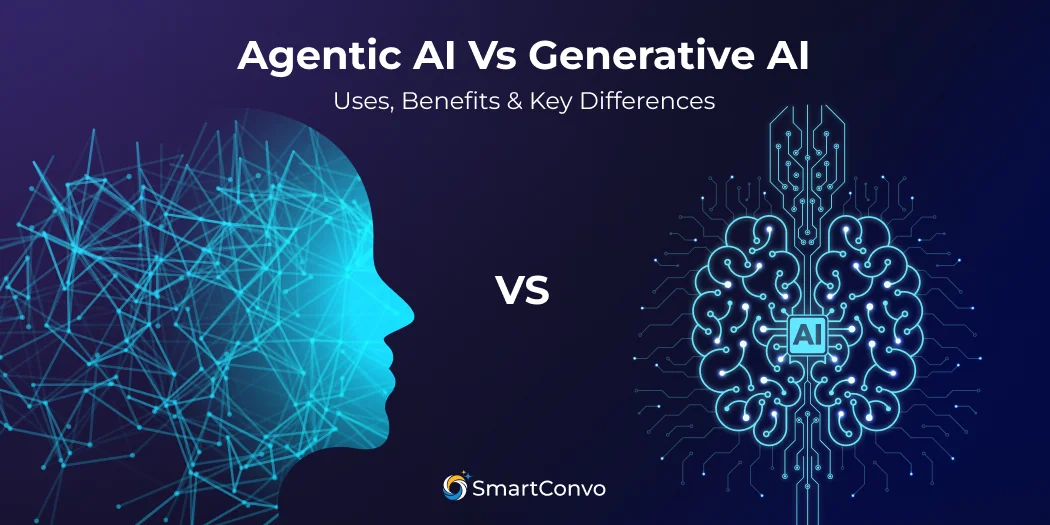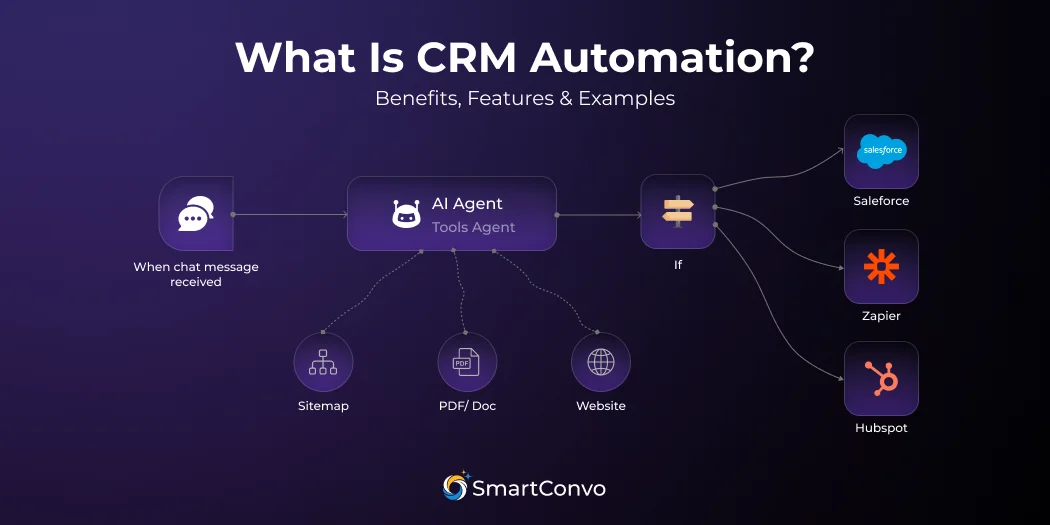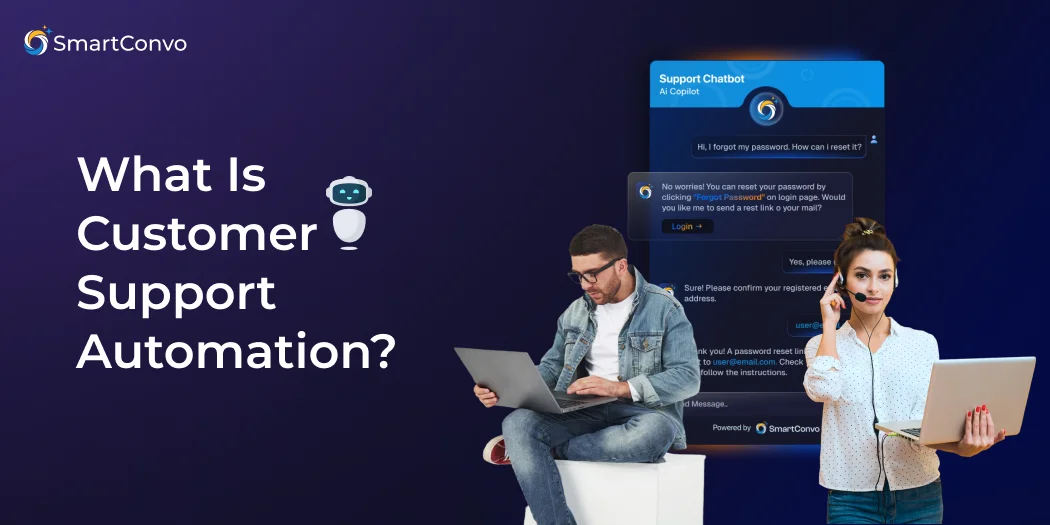The workplace is evolving faster than ever, and one thing is certain: organizations will need an HR helpdesk to keep up. With businesses globally adopting new technologies to streamline their operations, an HR service desk is no longer a luxury but a necessity.
Your HR team deals with countless employee questions daily from policy clarifications to leave requests and payroll issues. How do they manage it all efficiently? If your HR team often feels overwhelmed, imagine the value of having a human resource help desk designed to simplify workflows and improve the employee experience.
This blog will explore why an HR helpdesk will be a game-changer for your organization by 2025. You’ll learn what it is, its benefits, key features, and how it supports business growth with real-world examples of its impact in action. By the end of this guide, you’ll see how an HR helpdesk chatbot can not only solve problems but also spark innovation in your workplace.
What Is an HR Helpdesk?
An HR helpdesk, also known as an HR service desk, is a centralized platform designed to streamline communication and resolve employee queries related to human resources. Think of it as a bridge between your HR department and your employees, fostering transparency, trust, and efficiency.
Gone are the days of chaotic email threads or employees struggling to track down the right HR contacts. With an HR help desk tool, employees can easily log their queries, access knowledge bases, and find resolutions faster, reducing unnecessary friction and delays.
For HR teams, this tool consolidates requests, automates workflows, and provides valuable insights that help make informed decisions. From onboarding automation to insightful data analysis, HR helpdesks allow your HR personnel to focus on high-impact tasks rather than getting bogged down by repetitive processes.
Benefits of Having an HR Helpdesk in Your Organization

By 2025, rising employee expectations, diverse work setups (remote, hybrid, on-site), and a competitive job market will make an HR Helpdesk essential.
1. Centralized Communication
An hr help desk consolidates all HR-related inquiries, reducing scattered communication. Instead of managing multiple emails, calls, and messages, everything is streamlined into one platform. Employees know exactly where to go, saving time and confusion.
Without a centralized HR helpdesk:
- Leave requests might get buried in email threads.
- Policy questions could require back-and-forth communications.
- Employment verification letters might take days to process.
With a helpdesk, all these processes happen faster and more efficiently.
2. Faster Query Resolution
Gone are the days when employees waited weeks for answers. An HR service desk, powered by tools like HR Chatbot for Employee Engagement, can provide instant responses to common questions. Leave balances, benefits clarifications, or even payroll issues can be solved in seconds.
With automation and HR chatbot, every inquiry is routed to the right person or answered instantly through conversational AI.
3. Enhanced Employee Experience
Employee satisfaction is directly tied to how supported they feel. A human resource help desk ensures employees can access the help they need without jumping through hoops. Faster support equals happier employees and better retention rates.
Imagine being a new hire with questions about onboarding. With a traditional system, you might feel lost, waiting for a response. But with an hrhelpdesk, you’d have access to:
- A comprehensive knowledge base that answers FAQs.
- Automation that ensures quick solutions.
This creates a seamless, stress-free experience that improves long-term employee engagement.
4. Data-Driven Insights
An HR helpdesk doesn’t just solve problems; it tracks them. By analyzing data from employee queries, HR teams can identify patterns and proactively address issues. If 30 employees ask similar questions about a new policy, you’ll know communication around that policy needs improvement.
This proactive approach stems directly from conversational AI in HR operations, offering actionable insights for better organizational decisions.
5. Boosted HR Efficiency
By automating repetitive tasks, an HR service desk allows HR teams to focus on more strategic work. Instead of answering repetitive questions about vacation policies, HR professionals can spend time building programs that enhance workplace culture.
Efficiency doesn’t just make HR teams happier; it saves the organization money. A streamlined workflow increases productivity across the board.
Key Features to Look for in an HR Helpdesk Tool

When selecting an HR helpdesk, focus on these must-have features to ensure a smooth and efficient experience for your organization and employees.
1. Automation and Workflows
Simplify repetitive tasks using automation. From auto-routing tickets to flagging overdue requests, built-in workflows make managing the HR Helpdesk intuitive and efficient.
2. Knowledge Base
A robust knowledge base for HR gives employees instant access to FAQ answers, company policies, and resources. With self-service capabilities, your workforce can solve common issues without contacting HR.
3. Multi-Channel Accessibility
Ensure employees can reach the HR Helpdesk via their preferred channel, be it email, chat, or a portal. Integration with conversational AI platforms ensures accessibility anytime, anywhere.
4. Reporting and Analytics
Detailed analytics reveal important data such as ticket resolution times and recurring issues. These insights empower you to continuously improve processes and policies.
5. Integration Capabilities
A good HR Helpdesk integrates seamlessly with existing tools like CRM software, payroll systems, or even customer support platforms. This ensures a unified ecosystem across the organization.
How an HR Helpdesk Supports Business Growth
The benefits of an HR helpdesk extend beyond organizational efficiency. Here’s how it supports long-term business growth:
- Improved onboarding: A well-run HR helpdesk makes onboarding seamless and engaging. By streamlining systems, it ensures new hires have the resources they need from day one. This boosts productivity and leaves a lasting positive impression.
- Efficient resource utilization: An HR helpdesk powered by automation reduces the workload on HR teams by managing routine queries and tasks. This frees up time and resources for strategic priorities like workforce planning, talent development, and employee satisfaction.
- Enhanced reputation: When employees feel supported by an effective HR system, it creates a positive workplace. Satisfied employees are more likely to recommend your organization, boosting your reputation and helping attract top talent.
Real-World Use Cases and Examples
Still wondering how an hr help desk fits into your workplace? Here are a few examples of how it can be utilized:
Onboarding
A new hire has a lot of questions on their first day. An HR helpdesk can guide them through the process, offering resources like contracts, schedules, and compliance details. Employees prepare themselves independently while HR focuses on higher-level onboarding tasks.
Leave Management
With the helpdesk’s automated workflows, employees can submit leave requests, track their leave balance, and receive approvals within hours. Tools like conversational AI simplify this process further.
Policy Queries
A centralized HR service desk offers employees a one-stop solution for addressing queries, getting policy clarifications, and accessing key information. It reduces repetitive questions to HR, saving time for both employees and the HR team.
Payroll Support
Employees can log payroll issues, track progress, and get clarifications easily through the helpdesk system, ensuring a smooth resolution process. This reduces email back-and-forth, saving time and cutting inbox clutter.
No Credit Card Required | 14 days Free Trial
Build Your Chatbot
Conclusion
By 2025, companies with a strong HR Helpdesk will have a significant advantage in keeping employees engaged, improving overall satisfaction, boosting productivity, and staying agile in today’s fast-changing and competitive work environment.
A well-implemented HR Helpdesk, especially one powered by AI answers, streamlines processes, reduces response times, and provides employees with quick, reliable support for their concerns and inquiries—be it about benefits, payroll, or workplace policies.
Whether you’re managing a large organization or just starting out with a small team, investing in the right HR Helpdesk can transform the way your business operates by reducing administrative burdens, improving communication, and fostering a more positive work culture.
Frequently Asked Questions (FAQ)
HR software is a broader system covering all HR functions, while an HR helpdesk focuses specifically on ticketing, communication, and employee support.
No, Even small and medium-sized companies benefit from the efficiency and improved employee experience offered by an hrhelpdesk.
Most platforms can be implemented in a few weeks, but this depends on the complexity of your organization’s needs.
Yes! Leading HR helpdesks integrate with conversational AI platforms, payroll software, and other tools, creating a seamless workflow.
Absolutely. Most HR helpdesks use advanced encryption and follow strict data protection protocols to ensure information stays safe.













